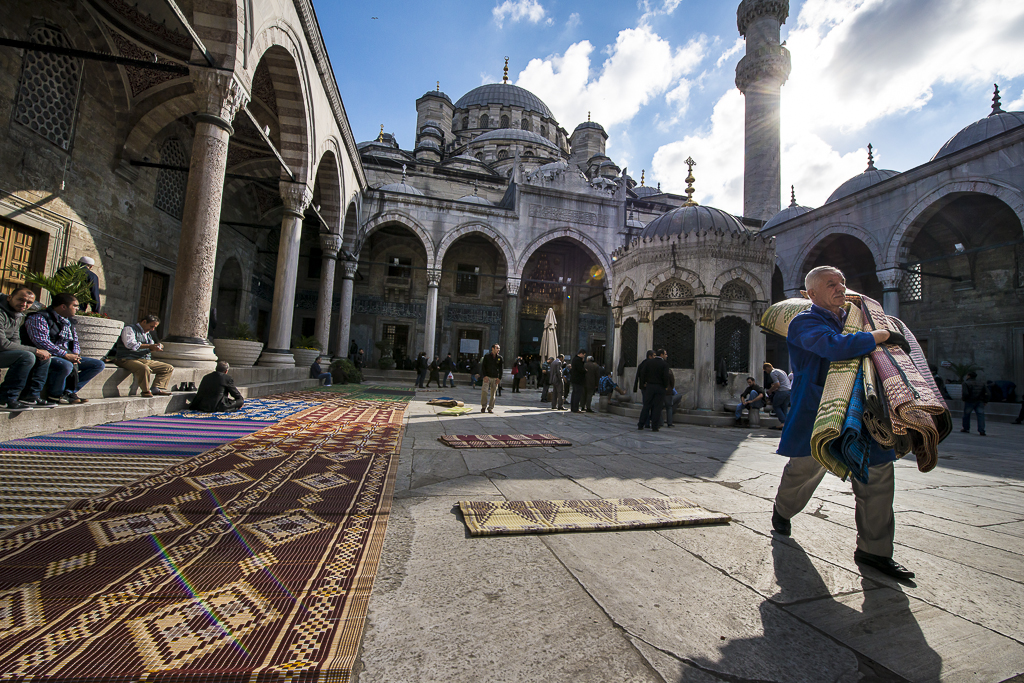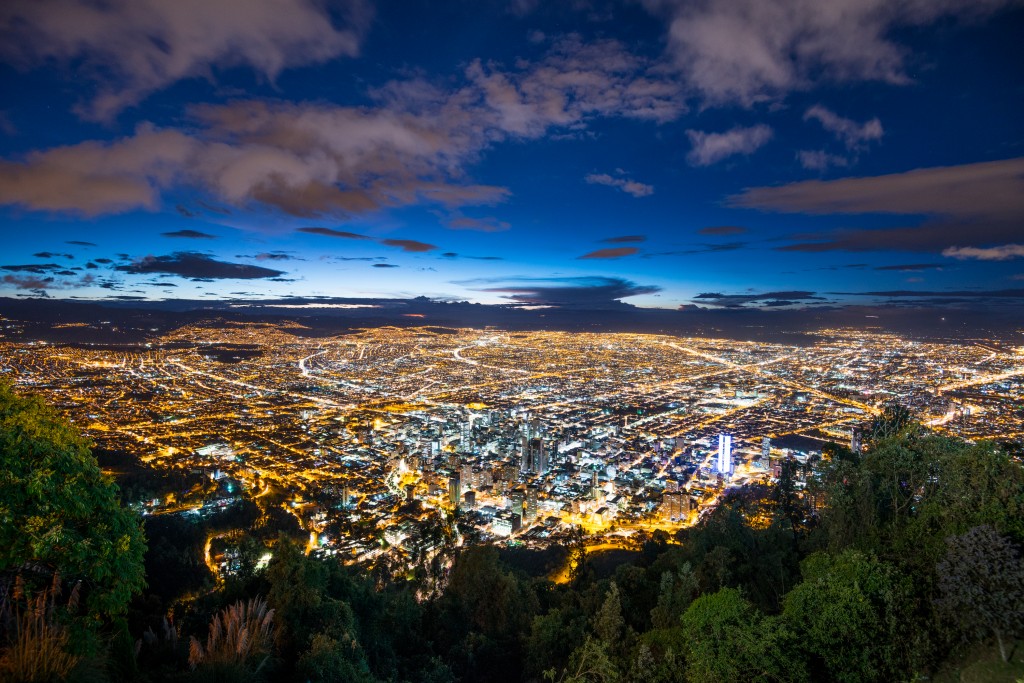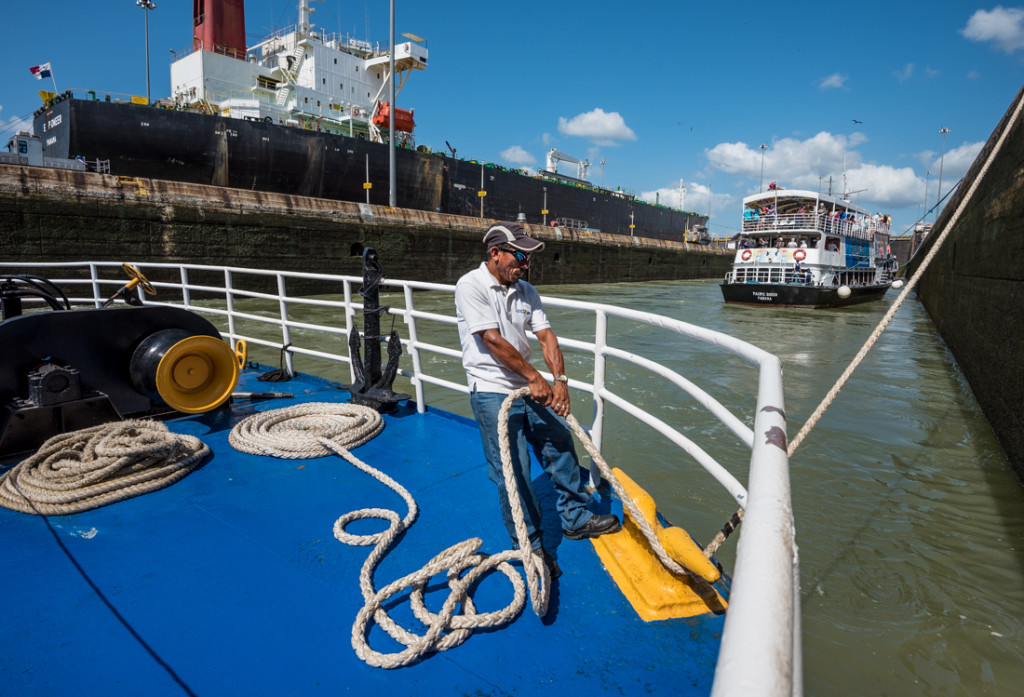A brief, mostly-nonphotographic post before I finish the Cuba photography series. It’s impossible to spend a couple of weeks thinking about Cuba in the year 2012 without some focus on the 50-year-old American trade and travel embargo.
The most popular and controversial topic in American-Cuban relations is of course the U.S. “embargo.” American laws put in place mostly by President Kennedy still bar much trade and travel with Cuba. The Cubans call it “El Bloqueo” (“the blockade”). Castro complains about it regularly, using it to demonize the U.S.A. and to justify his own harsh policies. As you leave the Havana Airport, the Cuban government has a big billboard that says, “Bloqueo. El genocidio mas largo de la historia,” which means “The longest genocide in history.” The second “o” in Bloqueo is a noose. Though this is obviously ridiculous hyperbole, a lot of the world has taken Castro’s side – criticizing America for keeping the embargo in place. Even the Pope recently popped off about it, feeding Castro’s Communist propaganda machine by criticizing the American laws as “unfairly burdening” Cubans.
The U.S. (including our current President) has consistently said the embargo will remain in place until the Castro regime yields to a democratic system. There is much legitimate debate about its effectiveness, its rationale, its continued relevance and its potential counter-productive effects, but at this point we are at least standing behind our word on this.
Importantly, whatever you think about the continuing rationale for a 50-year-old embargo, it is not to blame for Cuba’s economic woes. In the 21st century, it should be painfully obvious that the sources of Cuba’s problems are its socialist economic policies and its un-democratic political system. As The Economist recently reported, “The American embargo is an irritant, but the economy’s central failing is that Fidel’s paternalistic state did away with any incentive to work, or any sanction for not doing so.” (Let this be a lesson to us here, too.)
Remember: Cuba can and does trade freely with every other country on earth, and the U.S. actually does provide much-needed food to Cuba (we’re already its biggest source of food). So scapegoating America for Cuba’s situation is mostly a Castro-regime P.R. strategy (for which many America-bashers and socialism sympathizers have gladly fallen). It’s not as though Cuba has lots of surplus goods to sell the U.S. – or lots of money with which to buy American goods. The reason Cuban people do without lots of basic items is because their government jobs pay them almost nothing, and their government-run stores won’t sell many foreign goods anyway. Otherwise, Cubans would be buying Chinese-made goods just like we do. Cuba already has a tourist industry servicing Canadians and Germans and Brits. If American tourists were allowed to go, they’d soon learn that the Cuban-government-operated hotel facilities did not compare favorably against the many other options in the Caribbean. It’s Cuba’s own Communist/socialist policies that prevent, e.g., Spanish-based Iberostar Hotels or Canada-based Four Seasons Group from opening hotels and resorts there. Unless Cuba changes its own policies – including allowing foreign investors to own and develop resorts, factories, stores and commercial farms — removing “El Bloqueo” wouldn’t make much difference.
The best argument for lifting the blockade may be simply that its continuation gives Castro and other eager America-bashers a convenient, misleading scapegoat for Cuba’s socialism-induced economic quagmire. But compromising one’s plans and principles because one’s foes have condemned them seems to be a ludicrous foundation for foreign policy. Of course Cuba is no longer the security threat it was in the 1960s, but the leadership and the political and economic systems in place there haven’t really changed. Lifting the embargo might help make Cuba’s Communist Socialist system a bit more palatable to its citizens, but that may actually prolong the regime’s existence. Changing Cuba is going to be Cuba’s responsibility; we just need to make it very clear that we’ll gladly change our policy when they change theirs.





